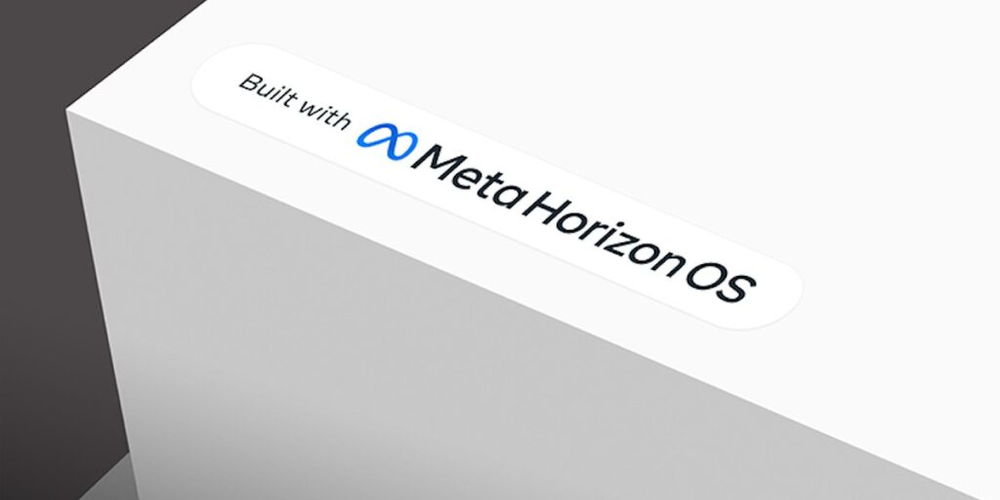Meta Horizon OS: Powering the Next Wave of Virtual Reality
- Apr 23, 2024
- 456

Meta is setting a new course for the future of virtual reality (VR) with the unveiling of Horizon OS, an ambitious move designed to open up its ecosystem to third-party hardware manufacturers. This strategic pivot could be the catalyst needed to propel VR into more homes, making it a more ubiquitous part of our digital lives. By providing open access to its resources, Meta is striving to make VR development more inclusive, enabling a diverse array of businesses and, consequently, a wider consumer base to engage with this technology.
The introduction of Horizon OS marks a significant shift in Meta's approach to VR. Historically, the VR market has been a challenging space for companies to navigate, with high entry barriers for new hardware developers. Meta's decision to share its operating system, which underpins the successful Meta Quest devices, represents a game-changing opportunity for brands considering a foray into VR. This move could potentially lower the costs and complexities associated with VR hardware development, inviting innovation and diversity in the market.
Horizon OS is more than just an operating system; it's a comprehensive platform designed to support the next generation of VR experiences. It incorporates advanced technologies like Passthrough, Scene Understanding, and Spatial Anchors, allowing for a more immersive and interactive virtual world. Additionally, third-party devices powered by Horizon OS will have access to the Meta Quest Store, a rich ecosystem of apps and games, further enhancing the attractiveness of developing for this platform.
Meta's ambition doesn't stop at merely sharing its OS with other hardware makers. The company has also announced collaborations with notable brands like Asus and Lenovo, who are already on board to develop new VR devices leveraging Horizon OS. This partnerships signal Meta's commitment to expanding the VR landscape and ensuring its platform remains at the forefront of innovation. Moreover, the integration of social platforms and the Meta Horizon app aims to create a more connected and social VR experience, bridging the gap between the virtual and real worlds.
In conclusion, Meta's Horizon OS could very well be the turning point for VR, offering a more inclusive and innovative approach to expanding the ecosystem. By allowing third-party developers to contribute and collaborating with top industry figures, Meta is consolidating its leadership role in VR. This strategy ensures that virtual reality will become more widely available, varied, and seamlessly incorporated into everyday activities. This bold move has the potential to redefine the VR landscape, making it an exciting time for both developers and consumers alike.